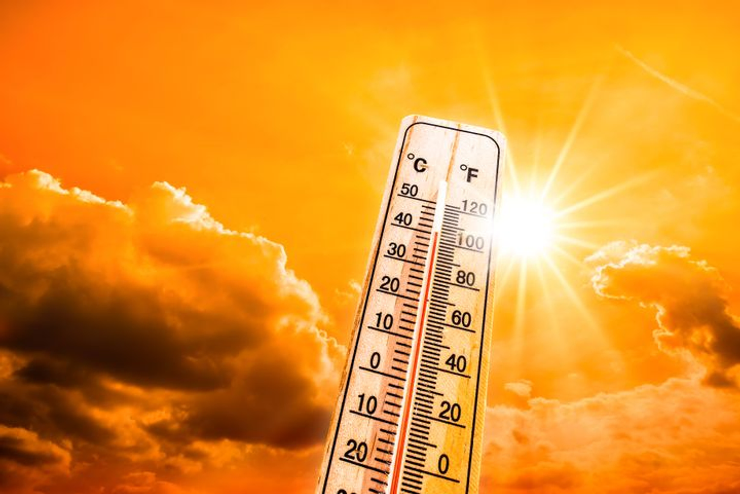By: Yuer Li
When you hear the word “hottest country,” where do you think? Burkina Faso? Well, that award currently goes to France!
Ever since France had the hottest heat wave on record (114.6 degrees Fahrenheit), other parts of Europe like Spain, Italy, and Britain got hit with one. Wildfires have also been tearing through the country at a faster pace than the rest of the world.
But what makes Europe a “hot spot” for hot temperatures? Global warming takes a role in this, but the atmosphere and ocean also play a big role. Like snowflakes, no two heat waves are the same. Low-pressure zones are pushing hot air from Africa to Europe. Dr. Kornhuber from Columbia University recently contributed to a study that found that heatwaves in Europe have increased both in frequency and intensity, so there will be more serious heat waves coming up. Heat waves have increased because jet streams have been split in two, squashing warm air together and building up heat. Another reason might be because the Artic is warming up.
Because it is warming up, the differential between it and the equator decreases, leading to longer-lasting weather conditions.
Article link: What’s Behind Europe’s Heat Waves_ – The New York Times.pdf











